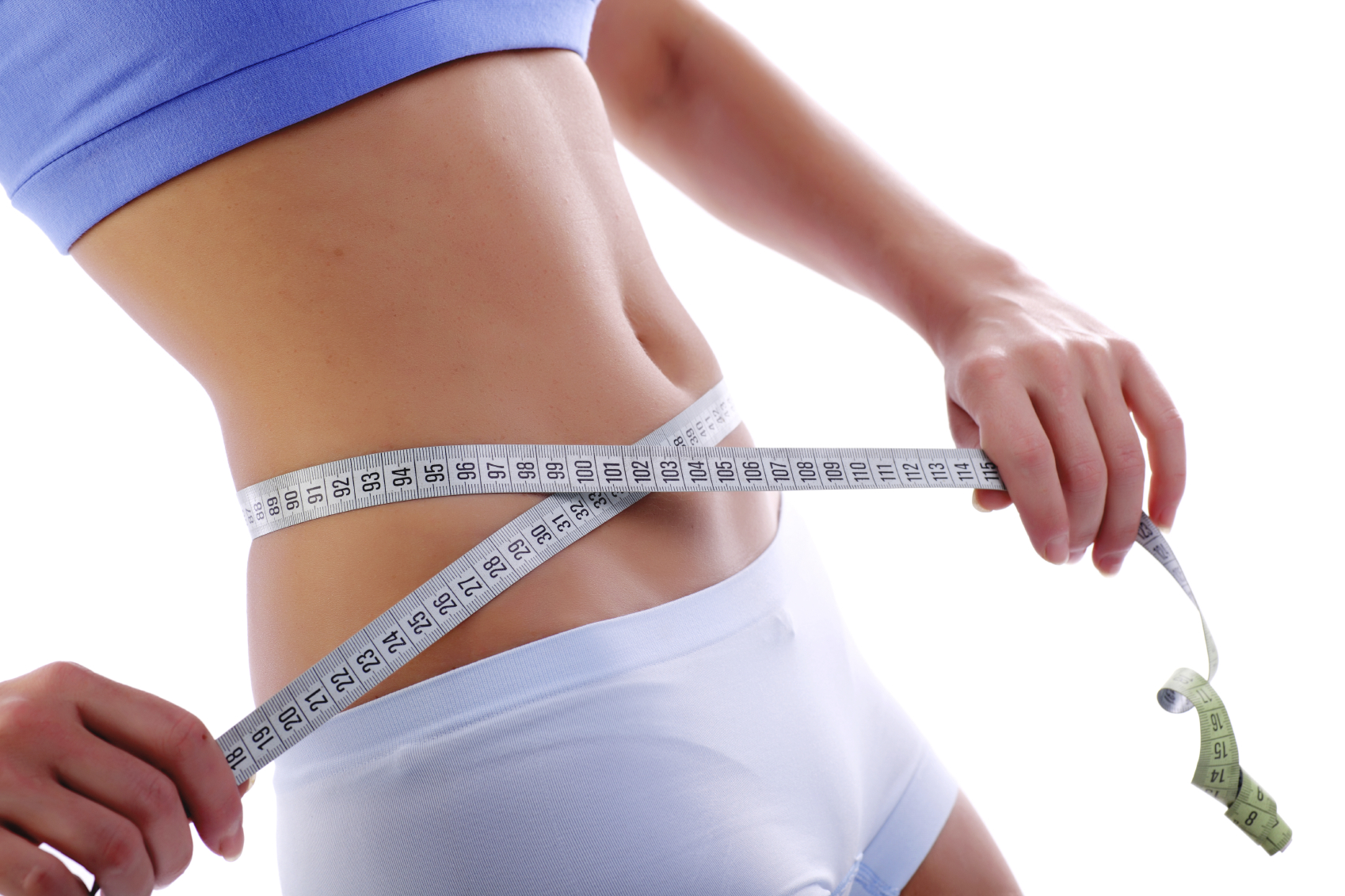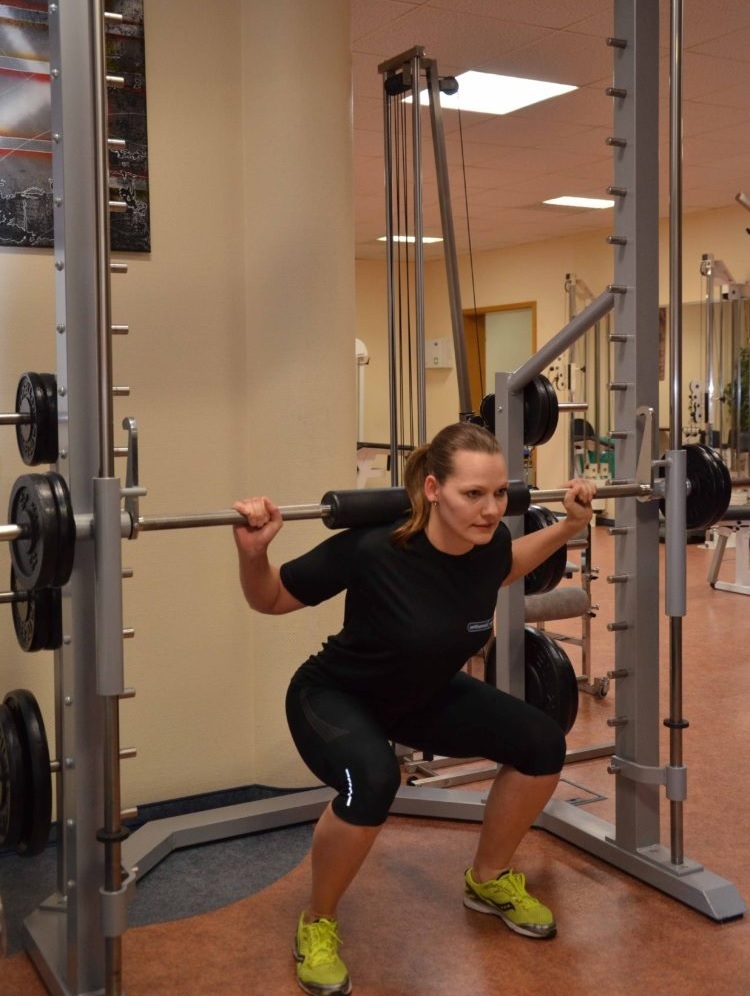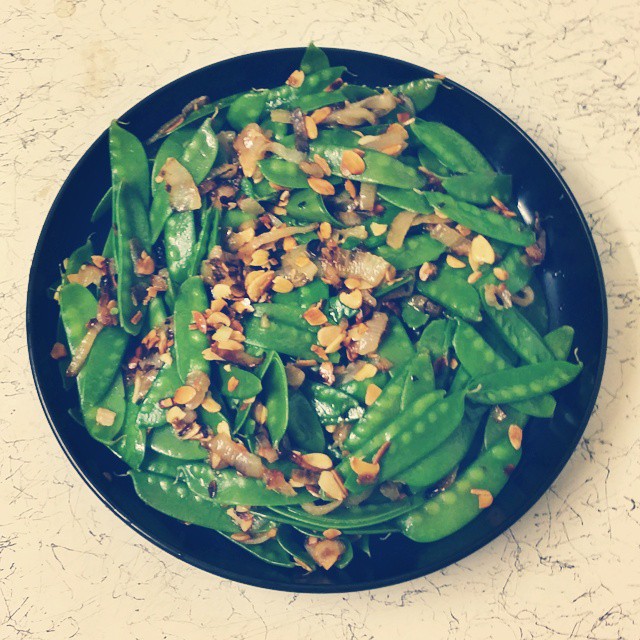LOSE WEIGHT
What Effects Weight Loss?
 When people say they want to lose weight, what they really mean is they want to get in shape either to be better at their sport or to look better. Three things can influence body shape; bones, fat mass and muscle tissue and we can only make changes to the last two. When you aim to lose weight, we would recommend you focus on weight loss while maintaining muscle, as muscle supports your metabolism, frames your body shape, and can make exercise easier. In case of calorie restricted diet, the loss of muscle mass can occur, but protein intake can help the maintain of muscle tissue. To lose fat, do things the right way by following our tips.
When people say they want to lose weight, what they really mean is they want to get in shape either to be better at their sport or to look better. Three things can influence body shape; bones, fat mass and muscle tissue and we can only make changes to the last two. When you aim to lose weight, we would recommend you focus on weight loss while maintaining muscle, as muscle supports your metabolism, frames your body shape, and can make exercise easier. In case of calorie restricted diet, the loss of muscle mass can occur, but protein intake can help the maintain of muscle tissue. To lose fat, do things the right way by following our tips.
Exercise
 Within the calories consumption section it was mentioned that you need to create a negative calorie balance for weight loss. An easy way to do this is to consume controlled-calorie with physical activity. Exercise burns calories and if you are more active, you don’t need to restrict you calorie consumption as much.
Combination of cardio workouts (running, cycling, football) with resistance training (free weights, body weight) burns more calories whist stimulating muscle tissue therefore helps weight loss whilst developing muscle.
Within the calories consumption section it was mentioned that you need to create a negative calorie balance for weight loss. An easy way to do this is to consume controlled-calorie with physical activity. Exercise burns calories and if you are more active, you don’t need to restrict you calorie consumption as much.
Combination of cardio workouts (running, cycling, football) with resistance training (free weights, body weight) burns more calories whist stimulating muscle tissue therefore helps weight loss whilst developing muscle.
Calorie Consumption
For weight loss, you should create a calorie deficit, essentially burning more calories than you consume. This could be succeeded by increasing the duration and frequency of exercise or by decreasing your calorie consumption. You should combine both of them for the best results and aim for a negative calorie balance of up to 500 calories per day, which can result in a weight loss between of 0.5 to 1 kg per week.
Don’t be encouraged to create a greater negative calorie balance for more weight loss. At the beginning, it could be harder to sustain your new diet, but you’ll soon fall back into your usual eating routines.
Eat the Right Foods
 When you manage your calorie consumption for weight loss, feeding your body appropriately is important; so make every calorie count
Ingesting foods like sweets, biscuits and alcohol supply very little nutrient benefit to your body, instead consume foods that are nutrient-rich, but not high in sugar and saturated fat. Eat lean protein sources (fish, chicken, pulses), complex carbohydrates (oats, wild rice, wholemeal pasta) and essential fats (oily fish, nuts, avocado) and 5 serving of fruit and vegetables per day
Common point of all these foods is they have very little or no processing has gone in to producing them. This means fewer added ingredients like salt, sugar and excess fat to help with taste and shelf life.
When you manage your calorie consumption for weight loss, feeding your body appropriately is important; so make every calorie count
Ingesting foods like sweets, biscuits and alcohol supply very little nutrient benefit to your body, instead consume foods that are nutrient-rich, but not high in sugar and saturated fat. Eat lean protein sources (fish, chicken, pulses), complex carbohydrates (oats, wild rice, wholemeal pasta) and essential fats (oily fish, nuts, avocado) and 5 serving of fruit and vegetables per day
Common point of all these foods is they have very little or no processing has gone in to producing them. This means fewer added ingredients like salt, sugar and excess fat to help with taste and shelf life.
GAIN MASS
Contrary to lose weight, more calories should be consumed than burnt each day to gain muscle. Follow these nutritional tips to success:
 Eat Often: Have et least 6 small meals per day, which involve 40-60 g protein and 60-80 g carbs depending on your body size.
Give Attention to Proteins: 1.5 g/kg protein intake is recommended in order to obtain the most rapidly response to workout. This rate can be increased by 2-2.5 g/kg.
Eat Right Carbs:There are two types of carbs, slow (Low glycemic index, e.g, oats/wholegrain bread) and fast (high glycemic index, e.g, white bread, baked potato, sports drinks). It is recommended to take slow carbs pre-exercise and fast carbs post-exercise.
Eat Often: Have et least 6 small meals per day, which involve 40-60 g protein and 60-80 g carbs depending on your body size.
Give Attention to Proteins: 1.5 g/kg protein intake is recommended in order to obtain the most rapidly response to workout. This rate can be increased by 2-2.5 g/kg.
Eat Right Carbs:There are two types of carbs, slow (Low glycemic index, e.g, oats/wholegrain bread) and fast (high glycemic index, e.g, white bread, baked potato, sports drinks). It is recommended to take slow carbs pre-exercise and fast carbs post-exercise.
 Timing is Important: eating at the right time is important. Especially, breakfast and post-exercise meals are critical points, because muscles are the most hungry at these times. At the breakfast, muscles have been starved during sleeping; post-exercise, muscles are stressed and exhausted.
Remember to Drink: the most important part of your diet is to drink water, which protects the quality of your tissues, reduces their injury risks and increases their performance. Consume 1 liter water for every 1000 kcal and make sure you drink a sufficient amount during your training
Supplements Can Also Be Added: Basic supplements (protein powder and creatine) can be added in your diet and help for muscle gain and fat loss. Post-exercise + prior to sleeping is the most effective time to consume protein supplements. Multivitamin supplementation could also be used to provide the required essential minerals + vitamins for the body.
Timing is Important: eating at the right time is important. Especially, breakfast and post-exercise meals are critical points, because muscles are the most hungry at these times. At the breakfast, muscles have been starved during sleeping; post-exercise, muscles are stressed and exhausted.
Remember to Drink: the most important part of your diet is to drink water, which protects the quality of your tissues, reduces their injury risks and increases their performance. Consume 1 liter water for every 1000 kcal and make sure you drink a sufficient amount during your training
Supplements Can Also Be Added: Basic supplements (protein powder and creatine) can be added in your diet and help for muscle gain and fat loss. Post-exercise + prior to sleeping is the most effective time to consume protein supplements. Multivitamin supplementation could also be used to provide the required essential minerals + vitamins for the body.
 When people say they want to lose weight, what they really mean is they want to get in shape either to be better at their sport or to look better. Three things can influence body shape; bones, fat mass and muscle tissue and we can only make changes to the last two. When you aim to lose weight, we would recommend you focus on weight loss while maintaining muscle, as muscle supports your metabolism, frames your body shape, and can make exercise easier. In case of calorie restricted diet, the loss of muscle mass can occur, but protein intake can help the maintain of muscle tissue. To lose fat, do things the right way by following our tips.
When people say they want to lose weight, what they really mean is they want to get in shape either to be better at their sport or to look better. Three things can influence body shape; bones, fat mass and muscle tissue and we can only make changes to the last two. When you aim to lose weight, we would recommend you focus on weight loss while maintaining muscle, as muscle supports your metabolism, frames your body shape, and can make exercise easier. In case of calorie restricted diet, the loss of muscle mass can occur, but protein intake can help the maintain of muscle tissue. To lose fat, do things the right way by following our tips.
 Within the calories consumption section it was mentioned that you need to create a negative calorie balance for weight loss. An easy way to do this is to consume controlled-calorie with physical activity. Exercise burns calories and if you are more active, you don’t need to restrict you calorie consumption as much.
Combination of cardio workouts (running, cycling, football) with resistance training (free weights, body weight) burns more calories whist stimulating muscle tissue therefore helps weight loss whilst developing muscle.
Within the calories consumption section it was mentioned that you need to create a negative calorie balance for weight loss. An easy way to do this is to consume controlled-calorie with physical activity. Exercise burns calories and if you are more active, you don’t need to restrict you calorie consumption as much.
Combination of cardio workouts (running, cycling, football) with resistance training (free weights, body weight) burns more calories whist stimulating muscle tissue therefore helps weight loss whilst developing muscle.
 When you manage your calorie consumption for weight loss, feeding your body appropriately is important; so make every calorie count
Ingesting foods like sweets, biscuits and alcohol supply very little nutrient benefit to your body, instead consume foods that are nutrient-rich, but not high in sugar and saturated fat. Eat lean protein sources (fish, chicken, pulses), complex carbohydrates (oats, wild rice, wholemeal pasta) and essential fats (oily fish, nuts, avocado) and 5 serving of fruit and vegetables per day
Common point of all these foods is they have very little or no processing has gone in to producing them. This means fewer added ingredients like salt, sugar and excess fat to help with taste and shelf life.
When you manage your calorie consumption for weight loss, feeding your body appropriately is important; so make every calorie count
Ingesting foods like sweets, biscuits and alcohol supply very little nutrient benefit to your body, instead consume foods that are nutrient-rich, but not high in sugar and saturated fat. Eat lean protein sources (fish, chicken, pulses), complex carbohydrates (oats, wild rice, wholemeal pasta) and essential fats (oily fish, nuts, avocado) and 5 serving of fruit and vegetables per day
Common point of all these foods is they have very little or no processing has gone in to producing them. This means fewer added ingredients like salt, sugar and excess fat to help with taste and shelf life.
 Eat Often: Have et least 6 small meals per day, which involve 40-60 g protein and 60-80 g carbs depending on your body size.
Give Attention to Proteins: 1.5 g/kg protein intake is recommended in order to obtain the most rapidly response to workout. This rate can be increased by 2-2.5 g/kg.
Eat Right Carbs:There are two types of carbs, slow (Low glycemic index, e.g, oats/wholegrain bread) and fast (high glycemic index, e.g, white bread, baked potato, sports drinks). It is recommended to take slow carbs pre-exercise and fast carbs post-exercise.
Eat Often: Have et least 6 small meals per day, which involve 40-60 g protein and 60-80 g carbs depending on your body size.
Give Attention to Proteins: 1.5 g/kg protein intake is recommended in order to obtain the most rapidly response to workout. This rate can be increased by 2-2.5 g/kg.
Eat Right Carbs:There are two types of carbs, slow (Low glycemic index, e.g, oats/wholegrain bread) and fast (high glycemic index, e.g, white bread, baked potato, sports drinks). It is recommended to take slow carbs pre-exercise and fast carbs post-exercise.
 Timing is Important: eating at the right time is important. Especially, breakfast and post-exercise meals are critical points, because muscles are the most hungry at these times. At the breakfast, muscles have been starved during sleeping; post-exercise, muscles are stressed and exhausted.
Remember to Drink: the most important part of your diet is to drink water, which protects the quality of your tissues, reduces their injury risks and increases their performance. Consume 1 liter water for every 1000 kcal and make sure you drink a sufficient amount during your training
Supplements Can Also Be Added: Basic supplements (protein powder and creatine) can be added in your diet and help for muscle gain and fat loss. Post-exercise + prior to sleeping is the most effective time to consume protein supplements. Multivitamin supplementation could also be used to provide the required essential minerals + vitamins for the body.
Timing is Important: eating at the right time is important. Especially, breakfast and post-exercise meals are critical points, because muscles are the most hungry at these times. At the breakfast, muscles have been starved during sleeping; post-exercise, muscles are stressed and exhausted.
Remember to Drink: the most important part of your diet is to drink water, which protects the quality of your tissues, reduces their injury risks and increases their performance. Consume 1 liter water for every 1000 kcal and make sure you drink a sufficient amount during your training
Supplements Can Also Be Added: Basic supplements (protein powder and creatine) can be added in your diet and help for muscle gain and fat loss. Post-exercise + prior to sleeping is the most effective time to consume protein supplements. Multivitamin supplementation could also be used to provide the required essential minerals + vitamins for the body.